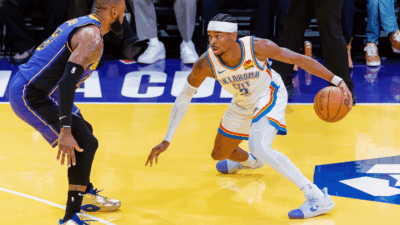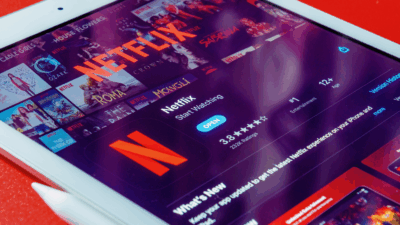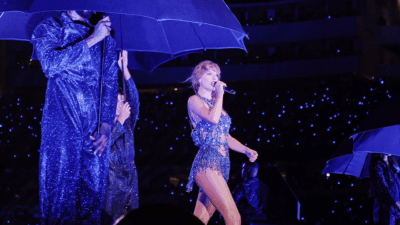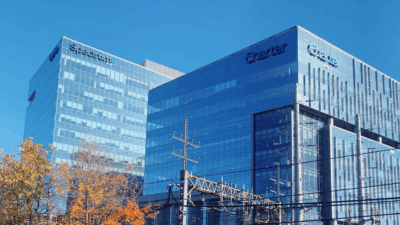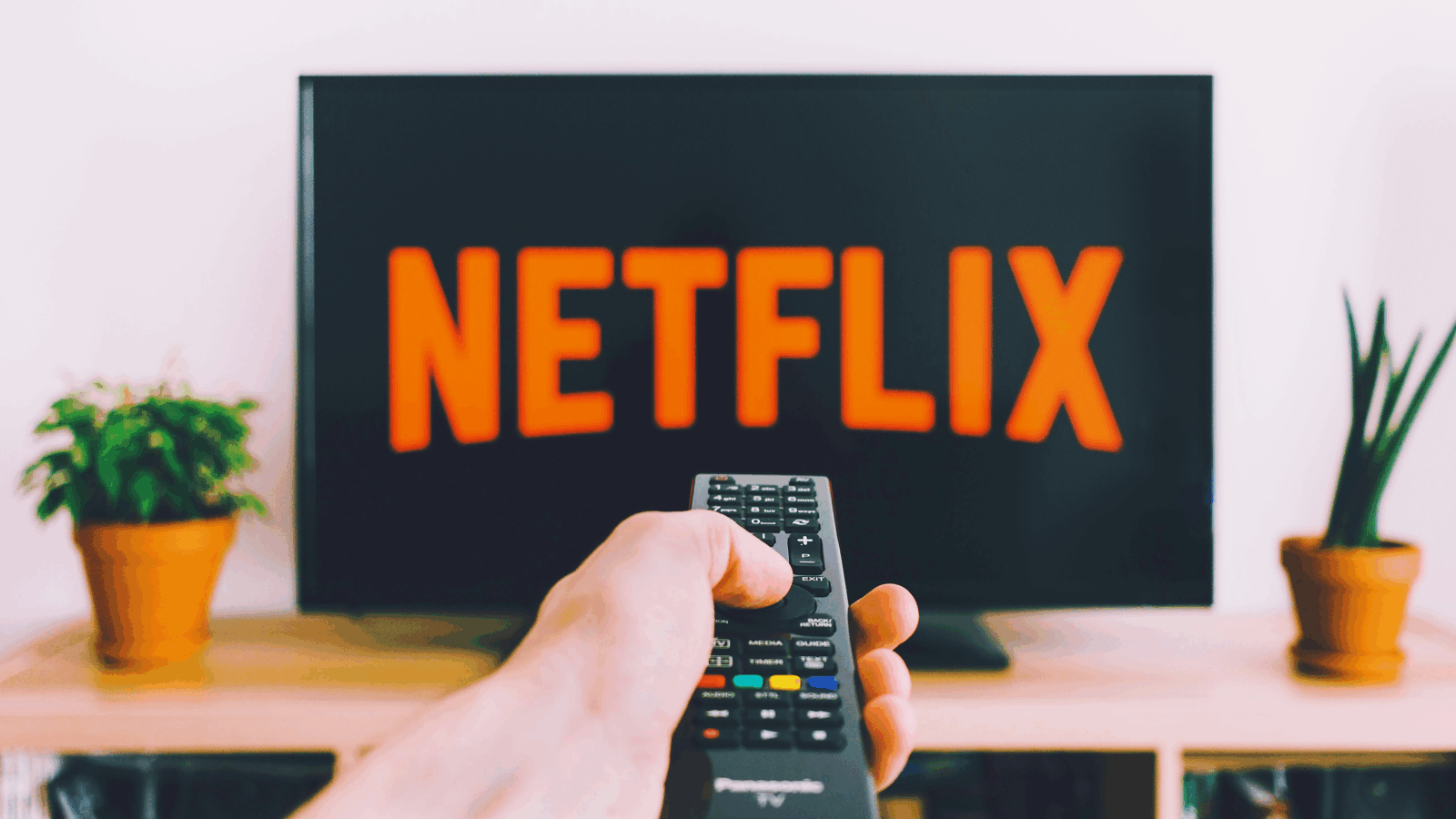Sports Team Ownership May Be Overrated. Just Ask European Soccer Owners.
With rising valuations, sports team ownership should be a slam dunk. But it’s also possible those valuations are a little rich.
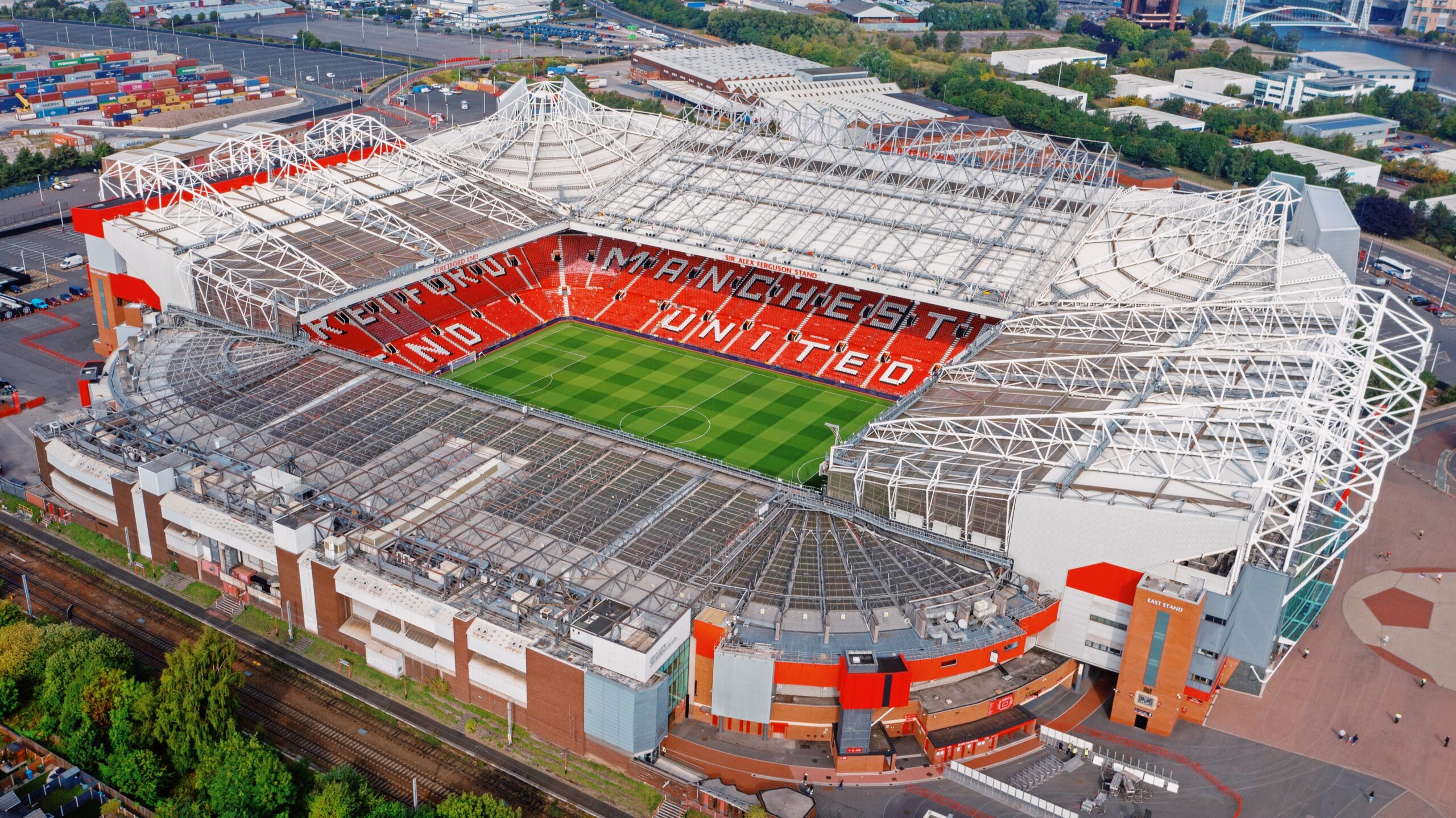
Sign up for smart news, insights, and analysis on the biggest financial stories of the day.
With rising valuations, sports team ownership should be — pick your own cliché — a slam dunk, touchdown, home run, or GOOOAAAL! But it’s also possible those valuations are a little rich.
At least so says Gerry Cardinale, whose private equity firm RedBird Capital purchased Italian soccer club AC Milan for $1.3 billion back in 2022. At the IMG x RedBird Summit on Wednesday, Cardinale pontificated on what he sees to be an increasingly bubbly sports ownership market — on the same day that English club Manchester United reported widening losses in its fourth quarter, and just weeks after NFL owners voted to allow PE into the mix, no less.
InflateGate
There are plenty of reasons to be bullish on sports ownership. In the increasingly fractured media landscape, live sports rights have become industry gold. The NBA, for instance, recently locked in a group of media rights deals that will bring the league around $76 billion over 11 years — well more than double the value of its current deals. Small wonder longtime Boston Celtics majority owner Wyc Grousbeck, who bought the team for just $360 million in 2002, has set a record asking price of around $5 billion for the franchise in a planned sale. It’s a price that might necessitate PE involvement (PE firms can own as much as 20% of an NBA franchise).
Cardinale, however, might be splashing some cold water on Grousbeck’s ambitious sale process. His remarks on Wednesday highlighted why PE firms and sports franchises might just be slightly mismatched pick-and-roll partners (or, again, whichever your preferred sports cliché may be):
- “[PE firms] just want to buy stuff, and that’s not great for intellectual property-based businesses,” Cardinale said, highlighting how PE firms tend to park money in sports franchises and do little — or are given little ability, due to league rules and ownership structures — to make changes to the underlying business.
- Italian soccer broadcast rights have already cooled off from a peak around when RedBird acquired the team at a record price for a non-English European sports franchise. Still, the club reported an annual profit in 2023 for the first time in 17 years.
“The reason why there’s this demand for sports exposure is because of these facile notions that sports always goes up. It’s not correlated to the macro, it’s outperformed the S&P for the last decade,” Cardinale added. “There’s merit to those arguments, but they’ve [sic] just peddling that now, and everybody wants exposure to it.”
Pitch Deck: For more proof, look at Manchester United. On Wednesday, the club reported full-year losses of £113 million ($147 million), up from £28.7 million ($37 million) last year. On top of that, the team has lost two out of the three games they’ve played so far this season, which is all the fans really care about anyway.



